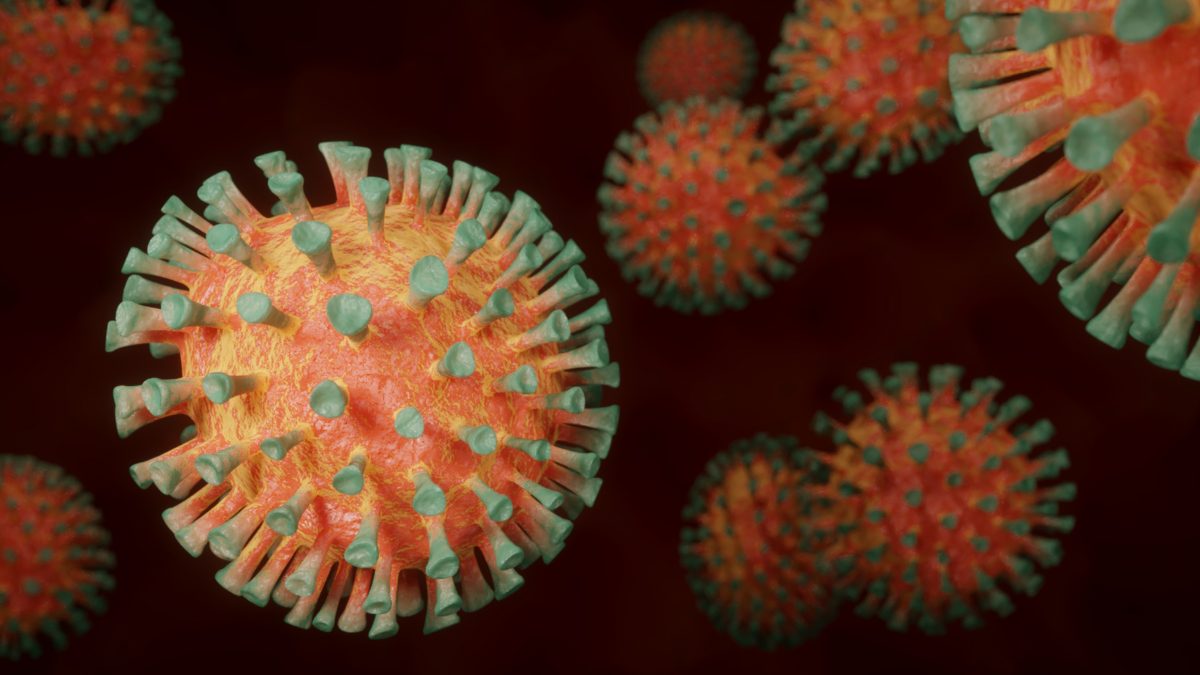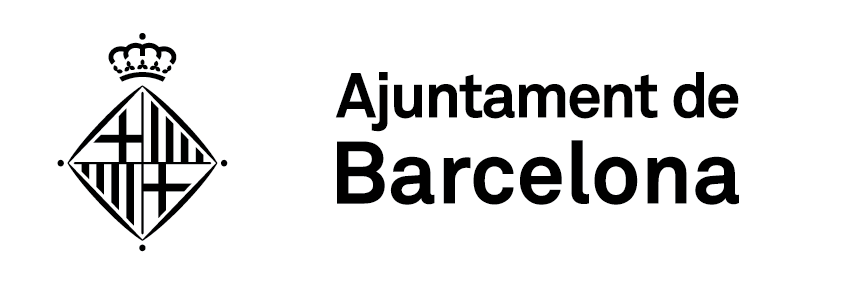The three pillars of our institution have come together with one common goal: contribute to the COVID-19 response.
Much like the three musketeers, our three departments (research, policy and global development, and education and training) have come together as never before to respond to one common threat. Our scientific expertise in infectious diseases, immunology, clinical trials, maternal and child health, environmental and climate health, and planetary health; as well as our background in advocacy, policy, international cooperation and translation, has placed us in a unique position to address the COVID-19 pandemic.
Throughout 2020, ISGlobal launched 31 COVID-19-related research projects, published 27 policy documents, participated in 17 national and international advisory committees and/or task forces, participated in over 600 media events (television, radio, webinars etc.), and 18 training activities.
In 2020, we published 11 original articles and reviews on COVID-19 led by ISGlobal researchers
Bringing together research
The research response was driven by an unprecedented level of internal collaboration. Thanks to the establishment of an ‘immune response and epidemiology of infectious diseases’ unit, we launched studies that will help us understand the type of immunity that develops after natural infection or vaccination, as well as its duration. We have also launched clinical trials to evaluate the potential of different drugs to prevent or treat COVID-19, including a large multicentre trial in Africa, as well as a project to evaluate the impact of the pandemic on mental health, among others.
With policy
This crisis provided a golden opportunity to maximise the potential of our translation model. Thanks to the collaboration between the different scientific areas and the translation team, we consolidated our reputation as a reliable source of expertise and information for health authorities and the broader society. We have provided advice to governments and policy makers at the international, national and local level and have produced a series of policy documents on science and the pandemic response. The multi-stakeholder platform (El Día Después) we co-founded has promoted a debate on how to come out of the crisis as a healthier, fairer society.

And training on pandemics
Our education programmes adapted both their format and content by organizing additional online activities for our trainees on different aspects of the pandemic. These included sessions in our Master in Global Health, specific seminars on the pandemic’s impact (such as gender, maternal health, intellectual property), as well as a webinar on COVID-19 in Africa, in collaboration with the Gulbenkian Foundation. We also collaborated with the Catalan Public Health Agency in online training activities for contact tracers.











